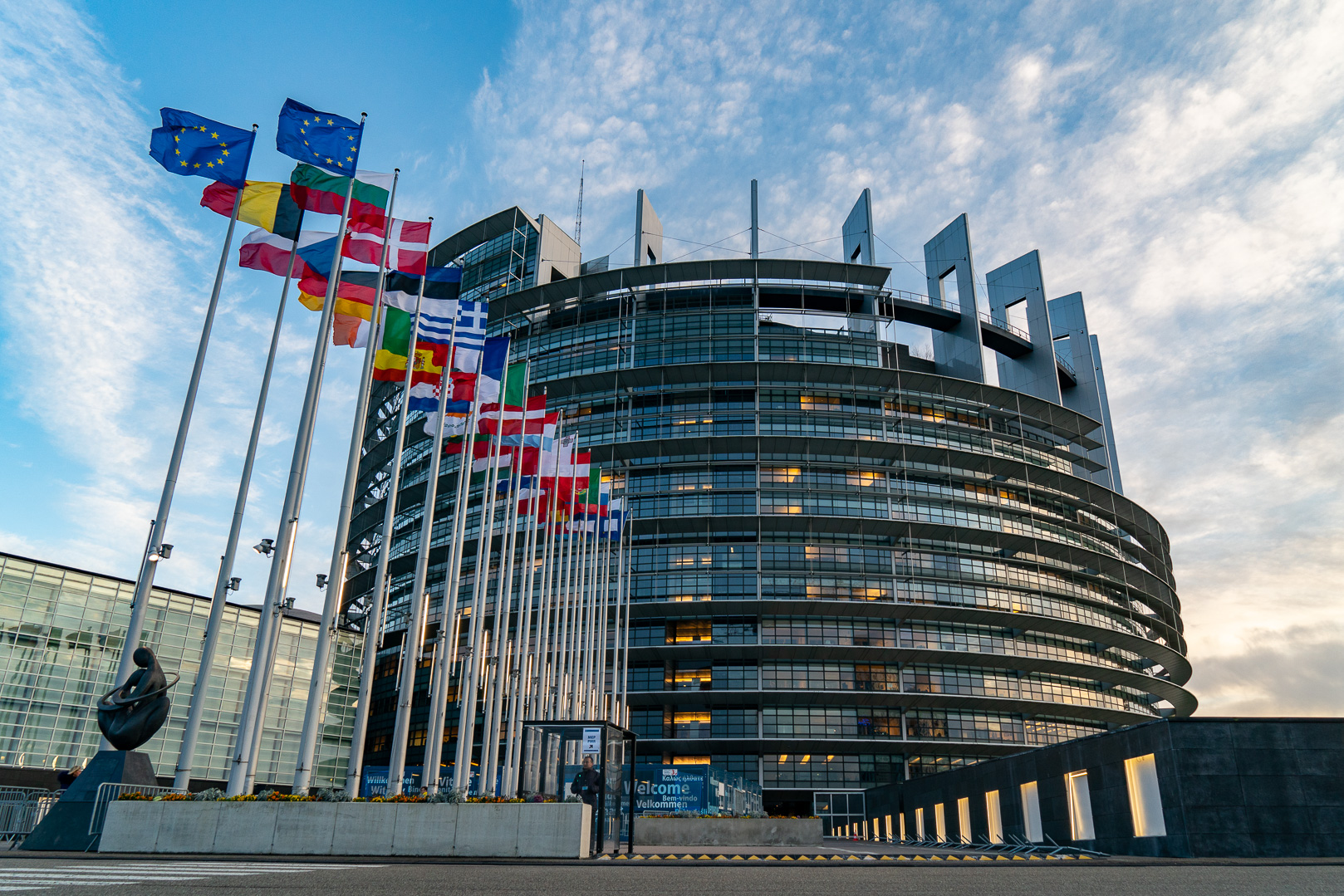
The European Commission has unveiled a new package of measures aimed at simplifying the Common Agricultural Policy (CAP), with the goal of reducing bureaucracy for both farmers and administrations. The reform pursues a dual objective: strengthening the competitiveness of the European agricultural sector and cutting administrative costs, with estimated annual savings of up to €1.58 billion for farmers and €210 million for Member States.
According to Brussels, the changes will make payments, obligations, and crisis management tools more flexible, easing regulatory burdens that often fail to reflect real on-the-ground conditions.
Measures to support small-scale and organic farming
The presented package is part of the EU’s broader plan for competitiveness, resilience, and digitalization of the agricultural sector. Key highlights include:
-
Increasing the flat-rate annual payment for small farmers from €1,250 to €2,500.
-
Exemptions from certain environmental rules for small producers.
-
Certified organic farmers may automatically be considered compliant with certain environmental requirements.
-
Recognition of the key role of small farms in rural areas, with the aim of streamlining bureaucratic management.
Criticism: “A dangerous Deregulation”
Despite the stated intentions, the proposal has sparked strong reactions from major environmental organizations. The European Environmental Bureau (EEB) warns of a dangerous rollback of the CAP’s climate and environmental goals, accusing the Commission of further weakening mandatory green measures without proper impact assessment.
According to the EEB, the new threshold for permanent pasture reduction—from 5% to 10% compared to 2018 levels—risks increasing carbon emissions. Other concerns include the management of peatlands and wetlands, for which Member States will be allowed to apply national legislation, raising the risk that public funds may be used to meet minimum legal requirements, rather than to support genuinely additional ecological practices.
CEO: “We are moving away from Green Deal Goals”
The Corporate Europe Observatory (CEO) also voiced strong concerns, calling the initiative a true act of deregulation. The organization accuses the Commission of abandoning the Farm to Fork strategy of the European Green Deal, prioritizing bureaucratic simplification at the expense of sustainability targets.
The CEO also criticized the lack of coherence between the public messaging from the Strategic Dialogue on the Future of Agriculture and the Commission’s actual proposal, calling it a PR move with no real strategic vision.
The funding issue and system fairness
Another key issue raised is the structural imbalance in CAP fund distribution: 80% of payments still go to the largest 20% of farms. While the CEO acknowledges that increasing support for small farmers is a positive step, it argues that it is not enough to rebalance the system.
Organizations like Via Campesina and Organics Europe emphasize the need to simplify without weakening environmental goals, maintaining that only a more sustainable, organic, and agroecological agriculture can secure a resilient future for Europe’s farming sector.